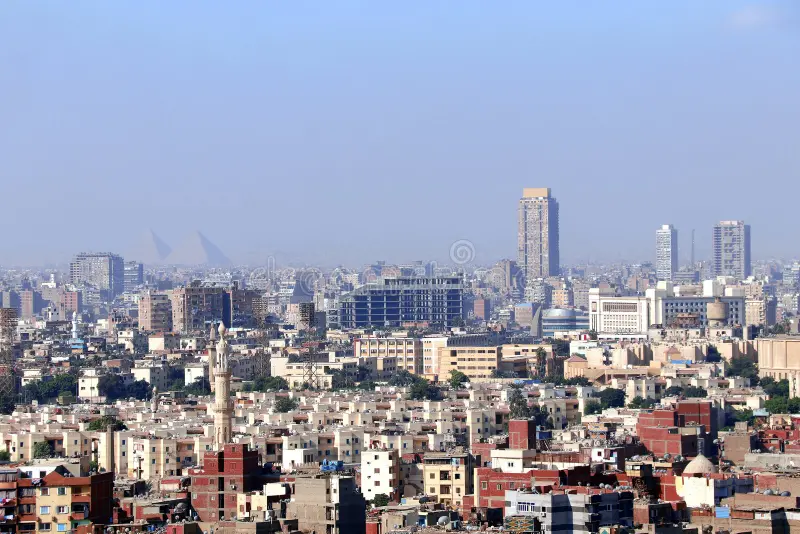As tensions escalate between Israel and Iran, Egypt’s real estate market is navigating a precarious landscape marked by both promise and uncertainty. While rising geopolitical risks often push investors toward tangible assets, the mounting cost of construction and currency pressures are complicating developers’ strategies.
Tarek Shoukry, who leads the Real Estate Development Chamber at the Federation of Egyptian Industries, explains that concerns around the Strait of Hormuz and rising oil prices are triggering inflation in construction materials. In response, developers are shifting away from a traditional sales-first mindset and toward a more cautious model that aligns unit sales with reliable execution timelines. Long-term installment agreements are being approached warily, as unexpected cost hikes could derail carefully laid plans.
The notion of property as a refuge in turbulent times is gaining traction. Analysts indicate that both local and regional buyers are turning to Egyptian real estate to shield their capital. Yet, Ahmed Shalaby of Tatweer Misr warns that while demand is indeed rising, so are material costs. Steel, cement, insurance, and shipping expenses are increasing, squeezing profit margins on projects contracted at pre-crisis prices .
To preserve financial stability, developers are adopting conservative sales strategies selling modest volumes only and directing resources toward completing existing projects rather than pursuing new launches. Sherif Mostafa, CEO of IGI Developments, articulates this sentiment succinctly: success should now be measured by delivery and fiscal discipline, not sales volume .

Currency fluctuations present a clear risk. If the dollar–Egyptian pound exchange rate climbs toward EGP 55, it could prompt a major reassessment of project viability. Coupled with elevated global fuel and material prices, there is growing concern that inflation may delay expected reductions in interest rates.
Supply chain disruptions are already reverberating through the sector. A SQUARED Consultants’ Ashraf Diaa notes that rising energy costs have driven up costs for imported materials and shipping, affecting profit margins and racing timelines . Hesham Ibrahim of Winvestor Developments adds that cement prices have climbed about 15%, while steel has surged by approximately 18%, prompting many firms to stockpile and shift toward locally manufactured alternatives such as aluminum and cladding .
The Egyptian government is closely monitoring the situation. Prime Minister Mostafa Madbouly has convened a crisis task force charged with assessing the conflict’s implications for key sectors. Amid market jitters, Egypt’s stock index fell around 1.9% on June 19, while oil prices edged up to about $77.76 per barrel, intensifying potential ripple effects across the Arabian Gulf and beyond.
In short, Egypt’s property market finds itself at a strategic crossroads. Demand is buoyed by a flight to safe-haven assets, yet rising material costs, currency risk, and supply instability are forcing developers to prioritize execution. Rather than chasing high sales, the emphasis is on prudent delivery, financial resilience, and adaptive sourcing strategies. For now, the sector’s stability depends on cautious stewardship and the conflict’s trajectory.




